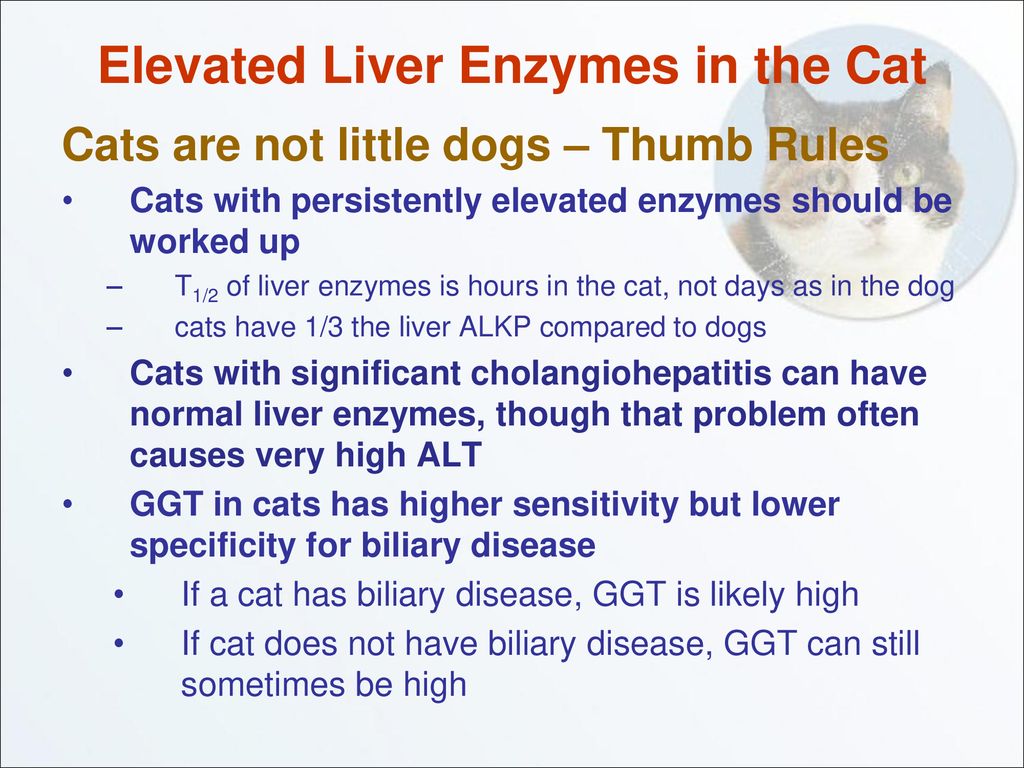So, your dog’s blood test revealed elevated alkaline phosphatase (ALKP), and you’re understandably concerned. This comprehensive guide breaks down what high ALKP means for your dog, covering everything from the basics of ALKP to diagnosis, treatment, and ongoing management. While elevated ALKP can sometimes indicate a serious issue, it’s not always a cause for immediate panic. Many factors, from normal growth spurts in puppies to certain medications, can influence ALKP levels. Let’s explore the possibilities, providing you with the information you need to navigate this situation with confidence.
What is ALKP?
The Enzyme Explained
ALKP, short for alkaline phosphatase, is an enzyme—a type of protein that acts as a catalyst for chemical reactions in the body. It’s found in several tissues, most notably the liver, bones, and intestines, playing a crucial role in metabolic processes such as bone development and nutrient breakdown. Routine bloodwork typically includes an ALKP test to assess organ function and overall health. Explore the fascinating world of the suntiger spider and its unique hunting strategies.
Normal ALKP Ranges in Dogs
Normal ALKP levels in dogs typically range from 24 to 210 U/L (units per liter). However, these values can vary depending on the laboratory conducting the test, the dog’s age and breed, and even certain medications. Puppies, with their actively growing bones, tend to have higher ALKP levels than adult dogs. Some senior dogs might also have slightly elevated levels, which, while possibly less typical, may not always be a significant concern.
Decoding Elevated ALKP: Why Is It High?
ALKP as an Indicator, Not a Diagnosis
Elevated ALKP in dogs isn’t a disease in itself, but rather a valuable clue, like a check engine light, signaling a potential underlying issue. It suggests that something might be irritating or damaging the liver, the primary source of ALKP in the bloodstream. One veterinarian aptly stated (in the Southwest Journal), “Vets become concerned when this enzyme gets too high because it means that something is irritating or damaging the liver.” However, it’s essential to remember that other organs, such as the bones and intestines, also contribute to ALKP levels.
Common Culprits Behind High ALKP
A range of factors can lead to elevated ALKP in dogs. Some are relatively benign, while others are more serious and warrant prompt veterinary attention. These include:
- Liver Disease: Various liver problems, from infections and inflammation (hepatitis) to bile duct blockages (cholestasis) and even tumors, can cause ALKP to rise. There is debate on whether certain liver-specific isoenzymes can accurately diagnose the disease.
- Cushing’s Disease: This endocrine disorder, characterized by an overproduction of cortisol, can also lead to elevated ALKP. Some experts believe that ALKP levels are a good indicator to check for Cushing’s alongside other symptoms.
- Bone Diseases: Conditions affecting bone growth or metabolism, such as bone cancer (osteosarcoma), can trigger increased ALKP production. Although less common, hyperparathyroidism (overactive parathyroid glands) can also contribute.
- Intestinal Inflammation: While less frequent than liver issues, inflammatory bowel disease (IBD) can sometimes elevate ALKP levels. Research suggests that the increase isn’t dramatic in such cases.
- Medications: Certain medications, such as steroids (prednisone) and phenobarbital (an anti-seizure medication), can temporarily increase ALKP. It’s crucial to inform your vet about all medications your dog is taking.
Diagnosing the Cause: The Veterinary Detective Work
Unraveling the Mystery
If your dog’s bloodwork reveals elevated ALKP, your veterinarian will embark on a diagnostic quest to identify the underlying cause. This process might involve:
- Physical Examination: A thorough physical exam helps assess overall health and identify any palpable abnormalities.
- Blood Tests: Further blood tests, beyond the initial chemistry panel, may be recommended to evaluate liver and kidney function, assess bile acids, and look for other specific markers.
- Imaging: X-rays or ultrasound can visualize the liver, bones, and other internal organs, checking for abnormalities like tumors, inflammation, or blockages.
- Biopsy: In some cases, a biopsy (a small tissue sample) may be necessary to confirm a diagnosis, especially with suspected tumors.
Treatment Options: Targeting the Root Cause
Tailored Treatment Strategies
Treating high ALKP means treating the underlying condition, not just the number itself. Because diverse factors can elevate ALKP, treatment strategies vary widely. Your vet will develop a personalized plan based on your dog’s specific diagnosis. This may include:
- Medication Adjustments: If medication side effects are the culprit, adjusting the dosage or switching medications might be sufficient.
- Specific Medications: For conditions like liver disease, targeted medications can help manage the condition and improve liver function.
- Dietary Changes: Dietary modifications can be crucial for managing certain conditions like IBD or liver disease. A high-protein, low-fat diet is sometimes recommended. However, always consult your vet before making dietary changes.
- Surgery: In cases like bone tumors, surgery might be necessary.
- Supportive Care: For chronic conditions like Cushing’s disease, ongoing management and supportive care are essential for quality of life.
Monitoring and Prognosis: The Road Ahead
Ongoing Care
Regular monitoring is crucial after initial diagnosis and treatment. This usually involves follow-up blood tests to track ALKP levels and assess treatment effectiveness. The frequency of monitoring will depend on the underlying condition and your dog’s response to treatment.
Long-Term Outlook
The prognosis for dogs with elevated ALKP varies significantly depending on the underlying cause. Some conditions are easily managed, leading to a full recovery, while others require lifelong care. Open communication with your veterinarian is essential throughout this process. They’ll provide guidance and support, helping you navigate the challenges and make informed decisions about your dog’s care. Dive into the captivating world of the rivulatus cichlid and its intriguing breeding behaviors.
- Jerry McSorley’s Post-Divorce Life: New Beginnings - July 16, 2025
- The Rise and Fall of the New Haven Nighthawks: A Minor League Hockey Legacy - July 16, 2025
- Unlock Jerry McSorley’s Career Highlights: Eye Tax Inc.’s Solar Success - July 16, 2025
















